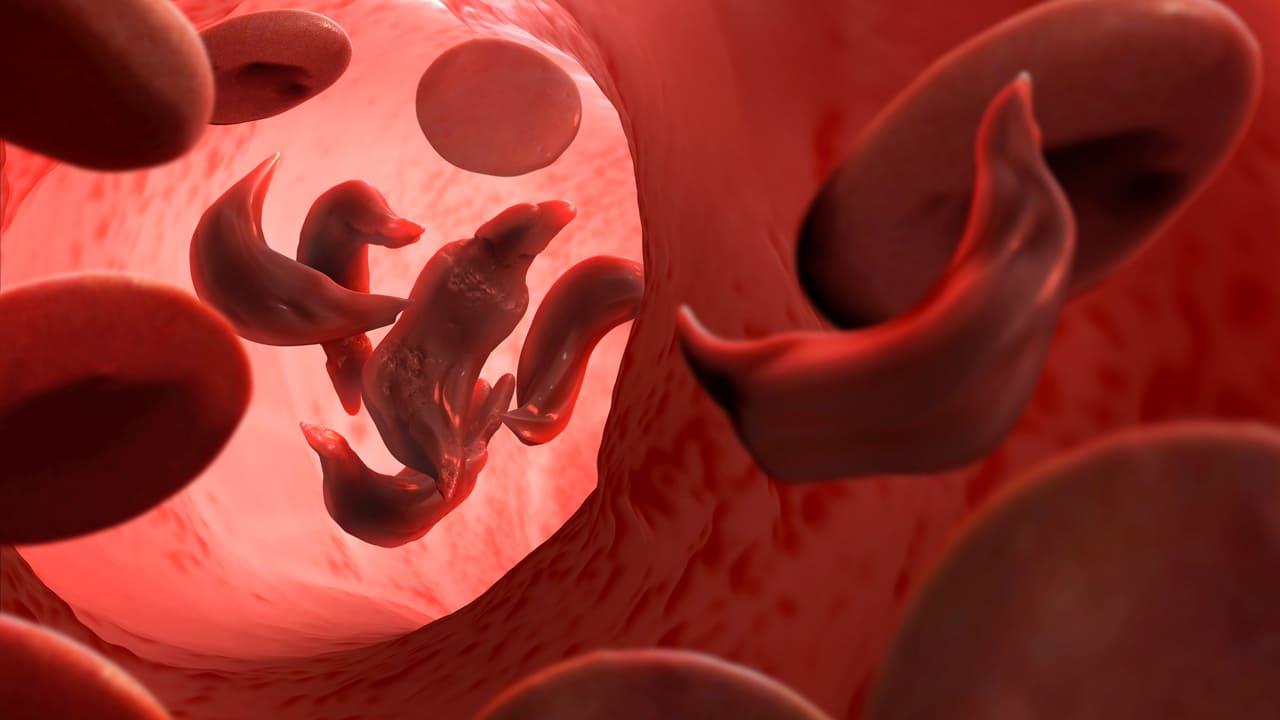KEY TAKEAWAYS
- The study aimed to elucidate the stage of CRC diagnosis according to diagnostic pathways.
- Early CRC diagnosis during comorbidity-related hospital visits underscored the importance of recommending CRC screening, especially for patients lacking such visits.
Colorectal cancer (CRC) poses a global health challenge, often diagnosed at advanced stages leading to unfavorable outcomes. Despite the established efficacy of CRC screening, a considerable portion of patients remain unscreened, with over 70% diagnosed outside screening programs. Identifying specific subgroups warranting targeted CRC screening is vital due to resource constraints.
However, the link between diagnostic pathways and the identification of these subgroups has been underappreciated. The diagnostic routes of non-screened groups primarily categorize patients with comorbidities identified during hospital visits and those presenting CRC-related symptoms.
Nobukazu Agatsuma and the team aimed to elucidate the CRC stage at diagnosis according to different diagnostic pathways.
Patients diagnosed with CRC between January 2016 and December 2019 were examined. Diagnostic pathways were categorized into cancer screening, follow-up, and symptomatic presentations. Early-stage CRC was defined as Stages 0 or I. Multivariate and univariate logistic regression analyses were employed to assess the likelihood of early-stage diagnosis in the symptomatic and cancer screening groups regarding the follow-up group. Adjusted covariates included age, sex, and tumor location.
Among the 2083 patients, 715 (34.4%) belonged to the follow-up group, 1064 (51.1%) to the symptomatic group, and 304 (14.6%) to the cancer screening group. Early-stage CRC diagnoses accounted for 57.3% (410 of 715) in the follow-up group, 23.9% (254 of 1064) in the symptomatic group, and 59.5% (181 of 304) in the cancer screening group.
The symptomatic group demonstrated a significantly lower likelihood of early-stage diagnosis than the follow-up group (P< 0.001, aOR, 0.23; 95%CI: 0.19-0.29). Conversely, the likelihood of early-stage diagnosis was comparable between the follow-up and cancer screening groups (P= 0.493, aOR for early-stage diagnosis in the cancer screening group vs follow-up group = 1.11; 95%CI = 0.82-1.49).
The study found that CRC identified during hospital visits for comorbidities were diagnosed earlier, similar to those detected through CRC screening. Therefore, advocating CRC screening is crucial, especially for individuals without regular hospital visits for comorbidities.
No funding-related information was available.
Source: https://pubmed.ncbi.nlm.nih.gov/38596494/
Agatsuma N, Utsumi T, Nishikawa Y, et al. (2024) “Stage at diagnosis of colorectal cancer through diagnostic route: Who should be screened?” World J Gastroenterol. 2024 Mar 14;30(10):1368-1376. doi: 10.3748/wjg.v30.i10.1368. PMID: 38596494; PMCID: PMC11000077.



